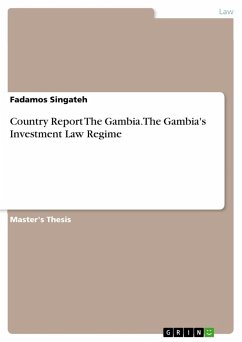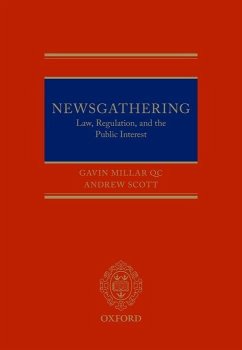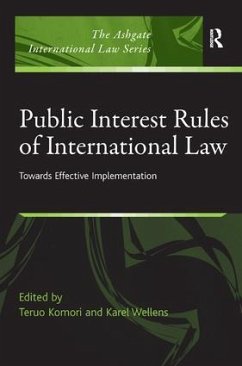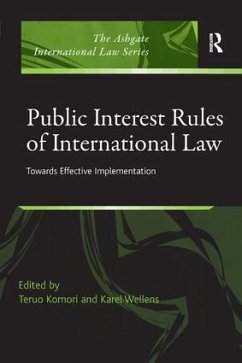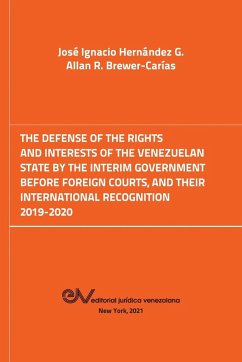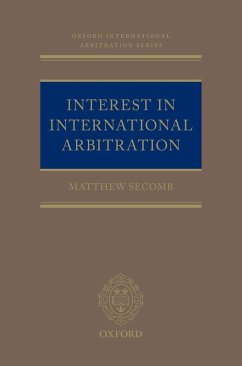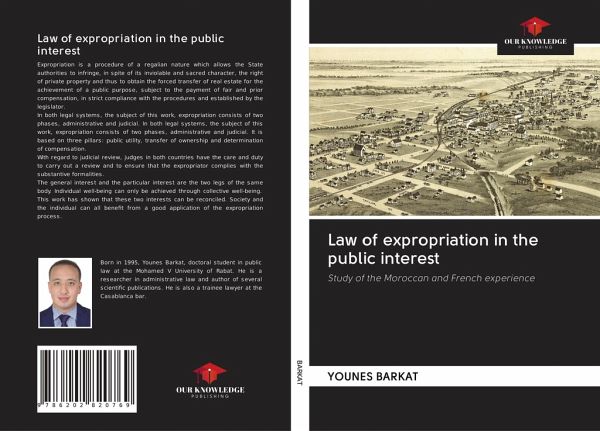
Law of expropriation in the public interest
Study of the Moroccan and French experience
Versandkostenfrei!
Versandfertig in 1-2 Wochen
32,99 €
inkl. MwSt.

PAYBACK Punkte
16 °P sammeln!
Expropriation is a procedure of a regalian nature which allows the State authorities to infringe, in spite of its inviolable and sacred character, the right of private property and thus to obtain the forced transfer of real estate for the achievement of a public purpose, subject to the payment of fair and prior compensation, in strict compliance with the procedures and established by the legislator.In both legal systems, the subject of this work, expropriation consists of two phases, administrative and judicial. In both legal systems, the subject of this work, expropriation consists of two pha...
Expropriation is a procedure of a regalian nature which allows the State authorities to infringe, in spite of its inviolable and sacred character, the right of private property and thus to obtain the forced transfer of real estate for the achievement of a public purpose, subject to the payment of fair and prior compensation, in strict compliance with the procedures and established by the legislator.In both legal systems, the subject of this work, expropriation consists of two phases, administrative and judicial. In both legal systems, the subject of this work, expropriation consists of two phases, administrative and judicial. It is based on three pillars: public utility, transfer of ownership and determination of compensation.With regard to judicial review, judges in both countries have the care and duty to carry out a review and to ensure that the expropriator complies with the substantive formalities.The general interest and the particular interest are the two legs of the same body. Individual well-being can only be achieved through collective well-being. This work has shown that these two interests can be reconciled. Society and the individual can all benefit from a good application of the expropriation process.




